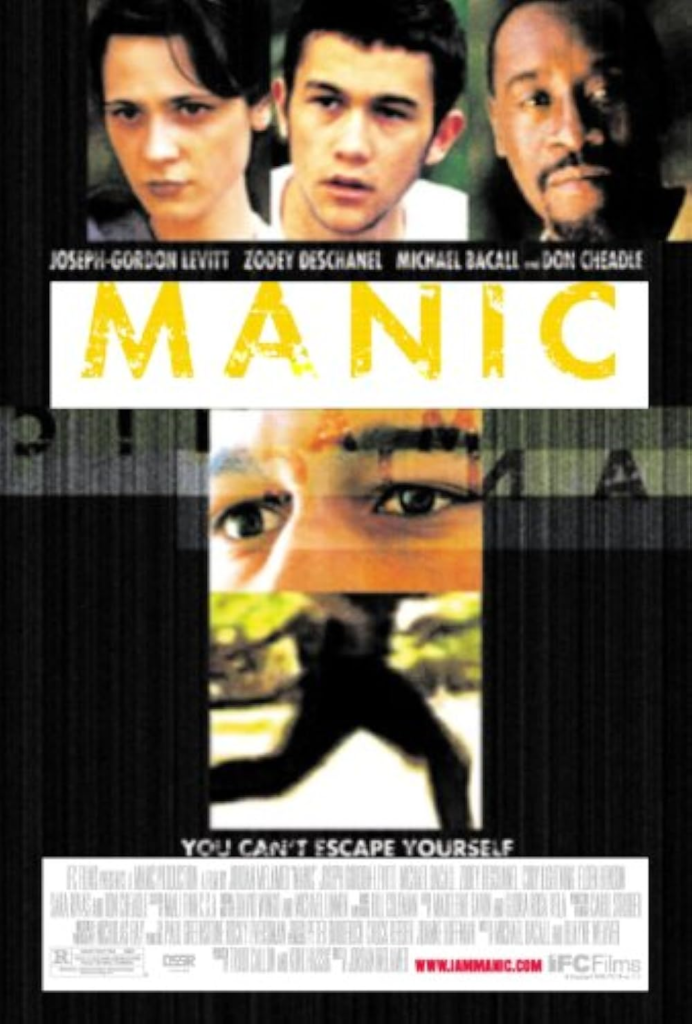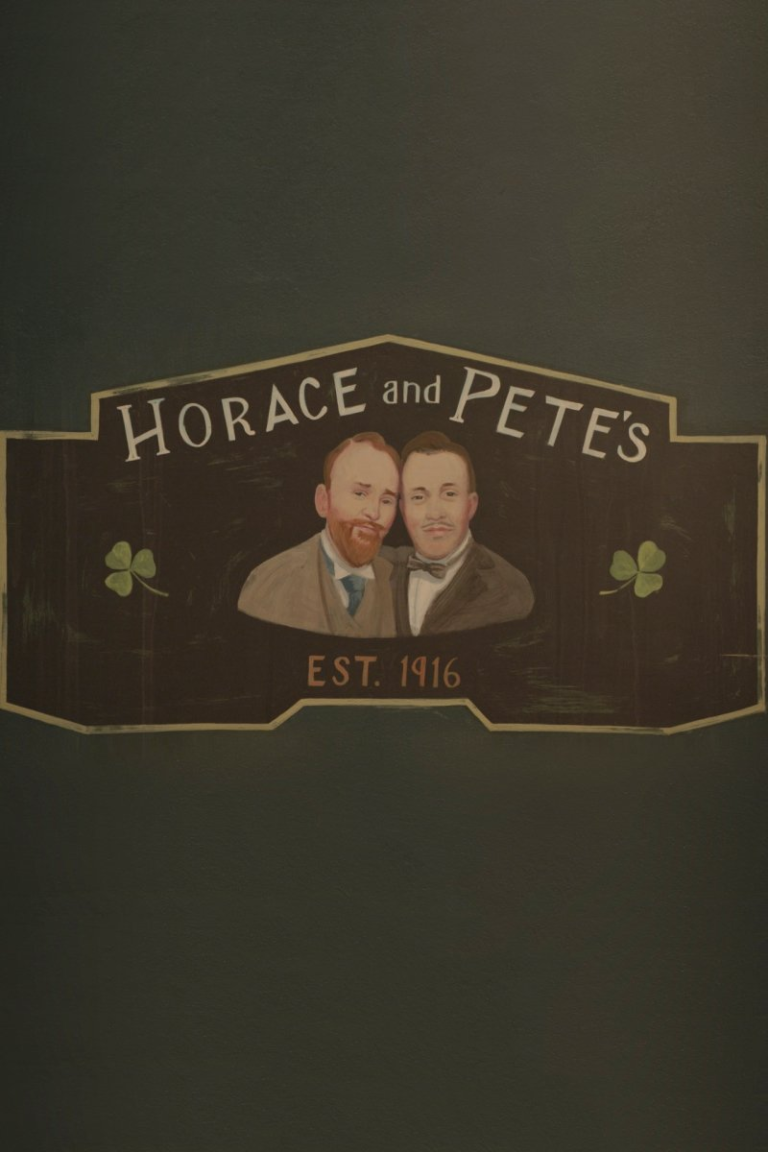Manic Christian Review

Some movies grab you by the collar and pull you into a world that’s messy, uncomfortable, and, let’s be real, a little too close to the reality we’d rather avoid. Manic is one of those films. It doesn’t hold your hand or offer you a cushion to soften the blow. Instead, it delivers a gut-punch of a story about broken teenagers, flawed adults, and the desperate search for something—anything—that might make sense of the pain.
For Christians, this kind of movie can be a tough watch. It doesn’t wrap things up in a bow or shine much light into the darkness it portrays. But sometimes, it’s in the raw, unfiltered depiction of brokenness that we’re reminded why hope, grace, and redemption matter so much.
First Impressions: The Weight of It All
You sit down to watch Manic, and almost immediately, it’s clear: this isn’t your typical feel-good movie. The characters are damaged, the setting is claustrophobic, and the mood is heavy. Joseph Gordon-Levitt, in one of his earlier roles, plays Lyle, a teenager with enough anger and trauma to light a fire. He ends up in a juvenile mental health facility after a violent outburst, and that’s where most of the story takes place.
The facility isn’t some idealized space where everyone magically finds healing. It’s stark, sometimes hostile, and filled with other teens who are just as lost as Lyle. Don Cheadle plays Dr. Monroe, the psychiatrist trying—often in vain—to help these kids untangle the knots of their pain.
From a faith-based perspective, the first thing that hits you is the weight of hopelessness. These kids aren’t being saved by some miraculous intervention or even their own sheer willpower. They’re surviving moment to moment, and often, even that feels like a struggle.
The Performances: A Glimmer of Humanity
If there’s one thing that keeps you tethered to this heavy story, it’s the acting. Joseph Gordon-Levitt is magnetic as Lyle. There’s an authenticity to his anger and vulnerability that makes you want to root for him, even when he’s self-destructing. You don’t just see a troubled teen—you see a person, with all the complexity and contradictions that come with that.
And then there’s Don Cheadle. As Dr. Monroe, he’s a man caught between hope and despair. You can feel the weight of his past (he’s a former addict) in every scene, but there’s also this quiet determination in him. He knows the odds are stacked against these kids, but he doesn’t stop trying. For Christians, Monroe’s persistence feels familiar—like the parable of the shepherd who leaves the 99 to find the one lost sheep. It’s messy, exhausting work, but it’s meaningful.
The Honesty Factor
One of the most striking things about Manic is how honest it feels. There’s no sugarcoating here. The kids in the facility aren’t there because of a single bad decision or a rough patch—they’re there because life has dealt them hands so brutal that they’ve crumbled under the weight. Their conversations are raw, their emotions are unfiltered, and their futures? Well, those are as uncertain as ever.
For viewers who want their stories wrapped up neatly, this can be frustrating. But for those willing to sit with the discomfort, there’s something deeply human about the way Manic unfolds. It doesn’t pretend to have all the answers, and maybe that’s the point.
Where’s the Hope?
Here’s the thing: if you’re looking for a movie that leaves you feeling uplifted, Manic might not be it. This is not a story about triumph or redemption—not in the traditional sense, anyway. There are moments of connection and growth, sure, but they’re fleeting.
As a Christian, this lack of hope can feel jarring. We’re used to stories where the light eventually breaks through the darkness, where there’s a sense of purpose or a clear takeaway. In Manic, the message seems to be: “This is the way it is, and not much can be done about it.” That’s hard to swallow, especially when you believe in a God who can bring beauty from ashes.
But maybe there’s a different kind of hope here—one that’s quieter and harder to see. It’s in the moments when the characters let their walls down, even if just for a second. It’s in Dr. Monroe’s refusal to give up, even when it feels pointless. And it’s in the film’s insistence on showing the truth, no matter how uncomfortable it might be.
The Christian Lens
Watching Manic as a Christian is an exercise in tension. On one hand, the film’s depiction of brokenness resonates deeply. It’s a stark reminder of the fallen world we live in—a world where pain and suffering are real, and easy answers are hard to come by.
On the other hand, the movie’s refusal to offer much hope can feel like a missed opportunity. As believers, we know that brokenness isn’t the end of the story. There’s redemption, healing, and a God who works in ways we can’t always see. None of that is present in Manic, and it leaves you wishing there was a way to inject just a little bit of light into the darkness.
But maybe that’s where the viewer comes in. Maybe Manic isn’t meant to provide the hope—it’s meant to make us crave it, to remind us why it matters so much.
Final Thoughts
Manic isn’t a movie you watch for fun. It’s a movie you watch when you’re ready to wrestle with some hard truths about pain, trauma, and the limits of human resilience. It’s not perfect—sometimes the symbolism feels heavy-handed, and the lack of resolution can be frustrating—but it’s honest. And in a world that often prefers to gloss over the messy parts, that honesty is worth something.
For Christians, Manic is a reminder of the brokenness that surrounds us—and the hope we’re called to bring into it. It’s not a film that preaches or offers easy solutions, but it’s one that might push you to think, to pray, and to look at the hurting people around you with fresh eyes.
Would I recommend it? That depends. If you’re looking for something uplifting, this isn’t the movie for you. But if you’re willing to sit with the discomfort, to grapple with the pain, and to search for the faint glimmers of humanity amidst the darkness, Manic might just leave an impression.





